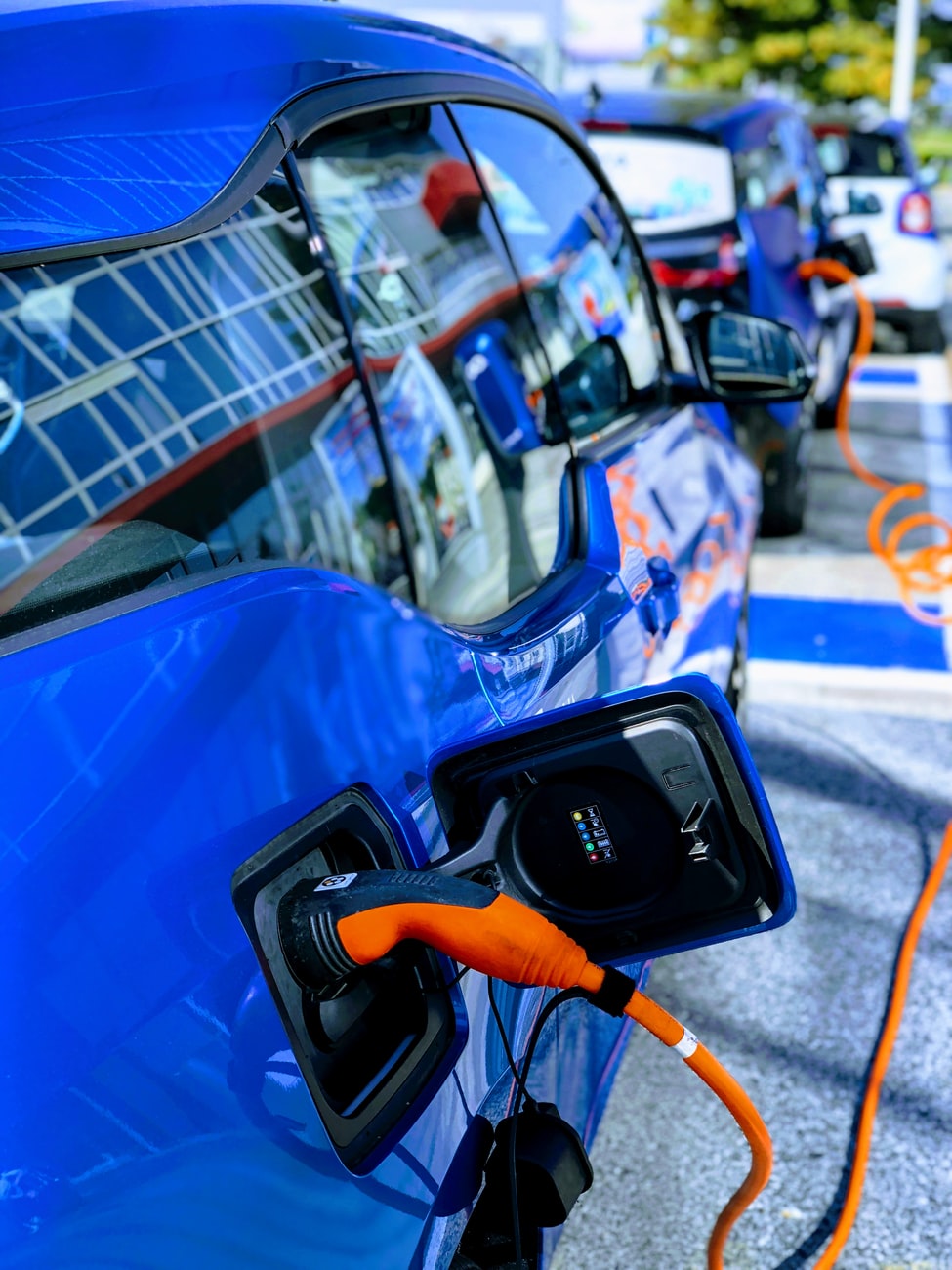
Leading the Way: A National Task Force on Connected Vehicles
Summary
By bringing wireless communications technology to cars and trucks, we could prevent hundreds of thousands of car crashes every year, saving many lives. We could also reduce commute times, fuel consumption, air pollution and greenhouse gas emissions, and the cost of mobile Internet access. In the longer term, deployment of connected vehicle technology can lay groundwork for better autonomous (self-driving) vehicles. In 2021, the Federal Government should establish a task force to develop a coherent vision through open and inclusive processes, and provide leadership to achieve that vision.
Note: As a working paper, this draft is still under development. The author invites your feedback and comments, which can be sent to info@dayoneproject.org.
The Federation of American Scientists supports Congress’ ongoing bipartisan efforts to strengthen U.S. leadership with respect to outer space activities.
By preparing credible, bipartisan options now, before the bill becomes law, we can give the Administration a plan that is ready to implement rather than another study that gathers dust.
Even as companies and countries race to adopt AI, the U.S. lacks the capacity to fully characterize the behavior and risks of AI systems and ensure leadership across the AI stack. This gap has direct consequences for Commerce’s core missions.
As states take up AI regulation, they must prioritize transparency and build technical capacity to ensure effective governance and build public trust.